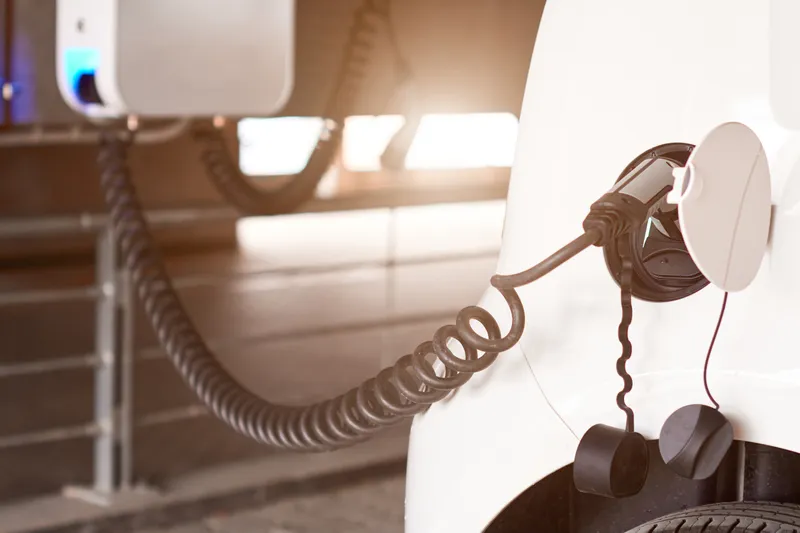Authorities in Oregon, US, are embracing wind power as a means of meeting transport emissions commitments.
TriMet says the move supports its ambition to run a non-diesel fleet by 2040.
Maria Pope, PGE president, says: "This all-electric bus line is a sustainable transportation option for the community and another step closer to a clean energy future for Oregon.”
The New Flyer Xcelsior Charge bus will join four matching e-buses which will operate on TriMet Line 62-Murray Boulevard in Washington County.
Four e-buses were funded by a $3.4 million grant from the Federal Transit Administration (FTA) Low and No Emission Vehicle Deployment programme while the fifth vehicle was purchased by TriMet and PGE. In August 2018, TriMet received a second FTA grant which will provide five additional e-buses.
The company says the buses have electric motors powered by energy stored in the rechargeable battery packs and will reduce emissions by around 75 tonnes per year compared to its eight diesel-hybrid buses.
According to TriMet, regenerative braking allows the vehicle to capture kinetic energy as it slows, which can then be used or stored in the battery for later use.
The buses are equipped with low-floor boarding and extension ramp, climate control and seating for up to 40 people.
Over the next five to six years, TriMet intends to purchase up to 80 more e-buses with $53m in funds generated by the Keep Oregon Moving Act. These vehicles will be tested in hilly terrain and local traffic conditions as TriMet will evaluate the performance, cost and reliability of the service.
TriMet and PGE use wind to power e-buses in Portland
Authorities in Oregon, US, are embracing wind power as a means of meeting transport emissions commitments.
TriMet (Tri-County Metropolitan Transportation District of Oregon) has joined forces with Portland General Electric (PGE) to power its all-electric buses with wind energy.
TriMet says the move supports its ambition to run a non-diesel fleet by 2040.
Maria Pope, PGE president, says: "This all-electric bus line is a sustainable transportation option for the community and another step closer to a cle
April 25, 2019
Read time: 2 mins







